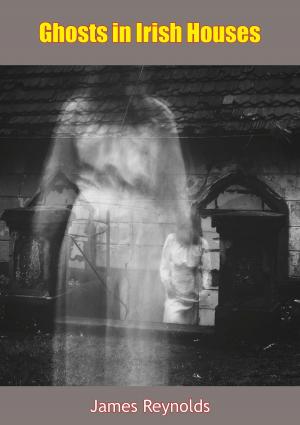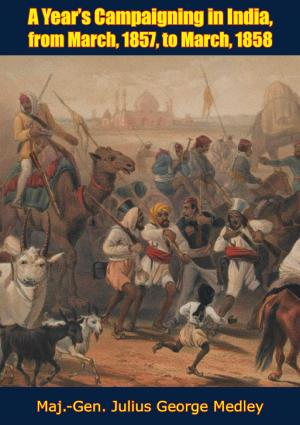Crazy Horse
The Invincible Ogalalla Sioux Chief
Nonfiction, Social & Cultural Studies, Social Science, Cultural Studies, Native American Studies, History, Americas, United States, 19th Century, Biography & Memoir| Author: | E. A. Brininstool | ISBN: | 9781787204430 |
| Publisher: | Borodino Books | Publication: | April 7, 2017 |
| Imprint: | Borodino Books | Language: | English |
| Author: | E. A. Brininstool |
| ISBN: | 9781787204430 |
| Publisher: | Borodino Books |
| Publication: | April 7, 2017 |
| Imprint: | Borodino Books |
| Language: | English |
Originally published in 1949, this book is a gripping collection of reminiscences on the death of the great Indian chief, Crazy Horse, by the military men who were present on that fateful day on September 5, 1877 at old Fort Robinson, Nebraska: Jesse M. Lee , V. T. McGillycuddy, H. R. Lemly, and George McAnulty.
Crazy Horse was one of the “irreconcilables” of the Sioux, an Indian who refused to be “reconstructed” and follow the white man’s road. Like Sitting Bull he had little or no use for the white man, and especially those in authority at Washington. This is not surprising, considering the unjust treatment the Indian received, and the trickery and deceit practiced upon him.
Although but a young man, even at the time of his treacherous murder, Crazy Horse had already won his spurs in the defeat of Col. J. J. Reynolds in the Powder River fight of March 17, 1876, and of his practical defeat of General George Crook’s forces in the Rosebud fight of June 17, 1876, to say nothing of the leading part he played in the annihilation of Custer’s immediate command of five troops of the Seventh Cavalry, June 25, 1876, at the battle of the Little Big Horn, in South-eastern Montana. After all these brilliant “coups” the reputation of Crazy Horse, as a fighting chief, inspiring leader and strategist, was secure among his own people.
Originally published in 1949, this book is a gripping collection of reminiscences on the death of the great Indian chief, Crazy Horse, by the military men who were present on that fateful day on September 5, 1877 at old Fort Robinson, Nebraska: Jesse M. Lee , V. T. McGillycuddy, H. R. Lemly, and George McAnulty.
Crazy Horse was one of the “irreconcilables” of the Sioux, an Indian who refused to be “reconstructed” and follow the white man’s road. Like Sitting Bull he had little or no use for the white man, and especially those in authority at Washington. This is not surprising, considering the unjust treatment the Indian received, and the trickery and deceit practiced upon him.
Although but a young man, even at the time of his treacherous murder, Crazy Horse had already won his spurs in the defeat of Col. J. J. Reynolds in the Powder River fight of March 17, 1876, and of his practical defeat of General George Crook’s forces in the Rosebud fight of June 17, 1876, to say nothing of the leading part he played in the annihilation of Custer’s immediate command of five troops of the Seventh Cavalry, June 25, 1876, at the battle of the Little Big Horn, in South-eastern Montana. After all these brilliant “coups” the reputation of Crazy Horse, as a fighting chief, inspiring leader and strategist, was secure among his own people.







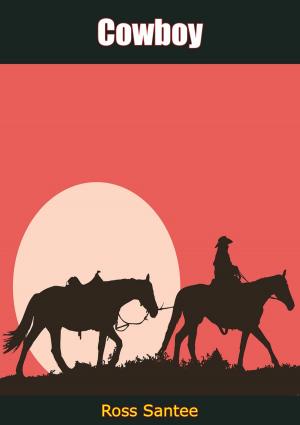

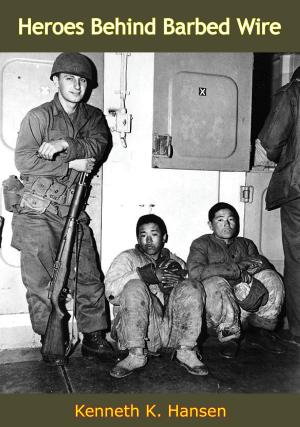

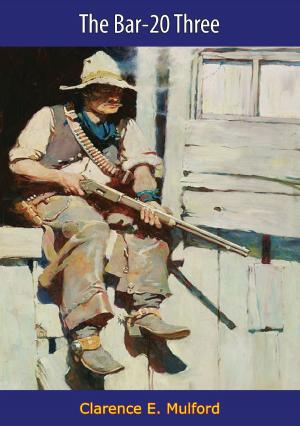
![Cover of the book Underground to Palestine [First Edition] by E. A. Brininstool](https://www.kuoky.com/images/2018/april/300x300/9781789121513-u26m_300x.jpg)
